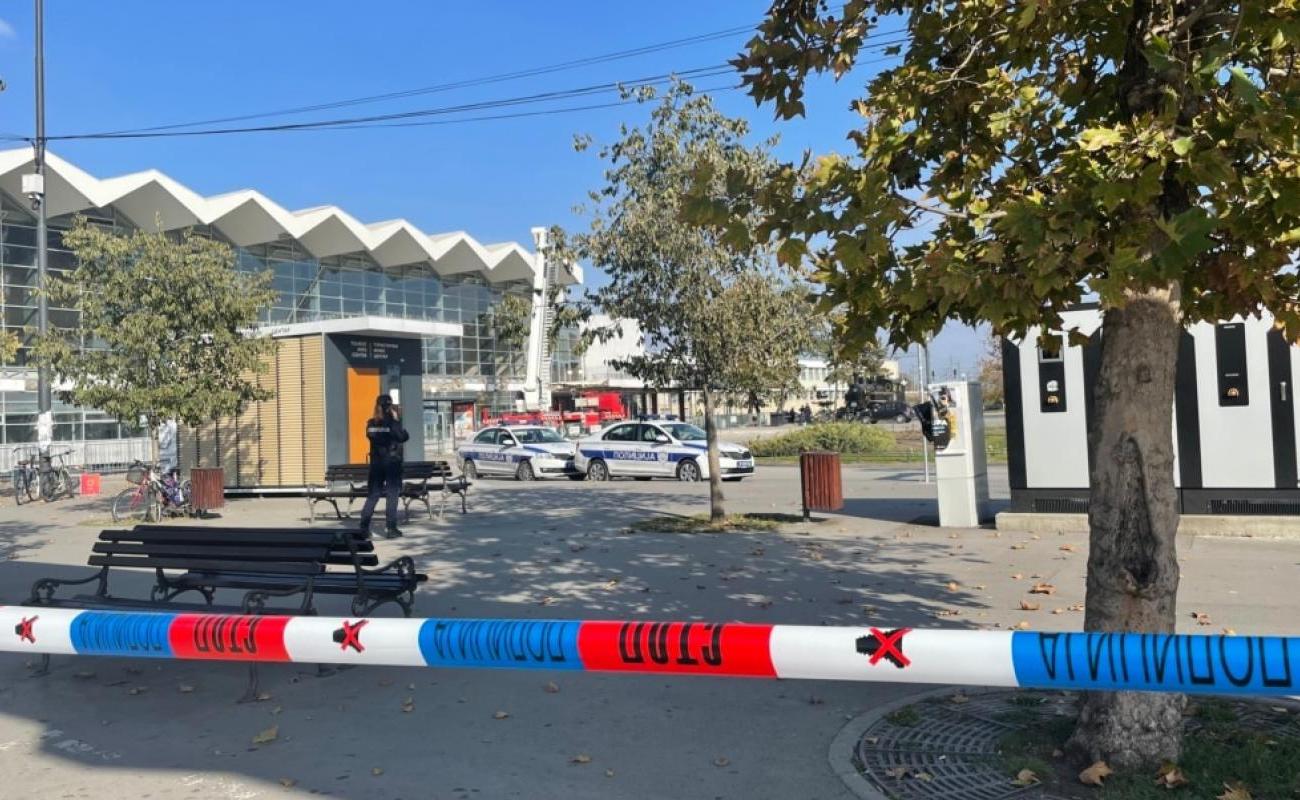Jobs in Serbia for the companie from China that reconstructed the station in Novi Sad

CONCLUSION
After the tragedy that happened in Novi Sad, when the canopy at the Railway Station fell, killing 14 people and seriously injuring three others, it turned out that the structure was reconstructed by Chinese companies (with Serbian subcontractors). Although the official authorities and the Chinese company CCCC (which was engaged in the reconstruction) claim that the canopy is not included in the reconstruction project, a series of conflicting information appears in the public, while the details of the contract are not available to the public. Unfortunately, this work of Chinese companies ultimately resulted in human casualties, while the public does not receive accurate information about what really happened.
This is another example of the non-transparent business of Chinese companies (and the Serbian public is increasingly talking about corruption). The text also lists other jobs that these two Chinese companies do in Serbia, which are also characterized by non-transparent operations, breaking the deadlines for the implementation of projects, demolishing monuments located on the project route, and the negative impact of the companies on the environment.
Recently, there is often talk about projects implemented by Chinese companies in the sense of low-quality work (the cracking of the Počitelj/Herzegovina bridge in Bosnia and Herzegovina, the Pelješko bridge in Croatia...). Because of these writings, but also the tragedy that happened in Serbia, it is high time that the authorities in the countries of the Western Balkans take account of who they assign jobs for the construction of infrastructure facilities. The fact is that in tenders, the bidder who offers the lowest price is most often chosen, and perhaps it is high time that the quality of the performed works and compliance with the rules of the profession are demanded in addition to the lowest price as an equally important condition, because the non-transparent and low-quality work of contractors in Novi Sad is paid for with human lives. .
